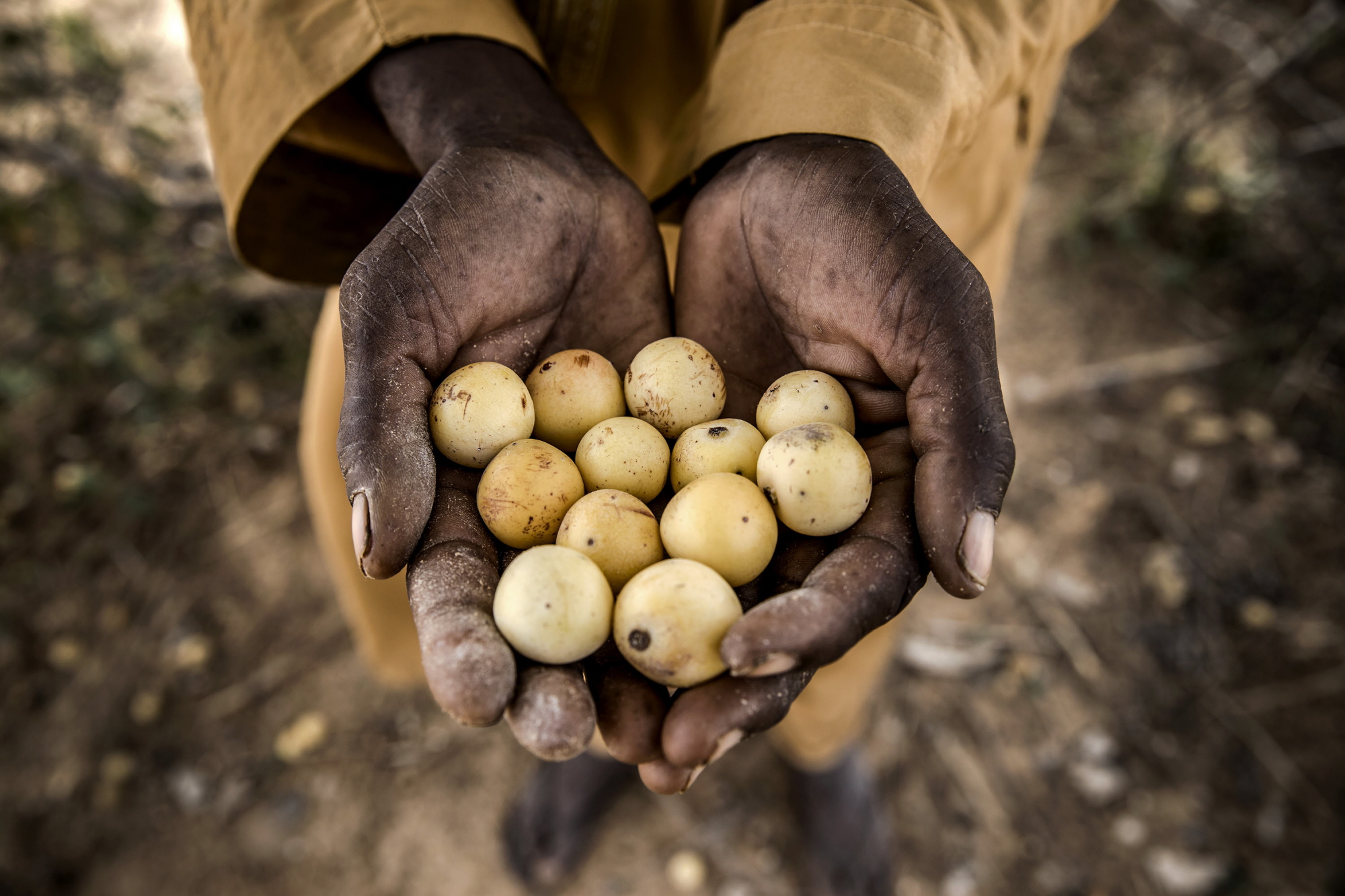Building resilience and boosting development in the Sahel

The FAO Investment Centre has supported the formulation and development of the new Joint Rome Based Agency (RBAs) project in the Sahel to strengthen the resilience of the region’s rural communities impacted by conflict, climate change and the current Covid-19 pandemic.
Throughout the program formulation process, the Investment Centre has provided the technical leadership in identifying priority investments and the necessary implementation arrangements for this novel regional investment operation.
The FAO country offices and WFP will be in the driver’s seats for the implementation of specific activities of the program while the Investment Centre, and other technical divisions within FAO, will be on demand for further support.
Along with our international financing institution partner, International Fund for Agricultural Development (IFAD), our sister UN agency World Food Programme (WFP), as well as G5 Sahel +1 and the Green Climate Fund (GCF), FAO will be contributing to revitalize economic activities and food systems in the Group of Five Sahel countries (Burkina Faso, Chad, Mali, Mauritania and Niger) and in the Republic of Senegal (G5 Sahel +1).
The RBA collaboration in the Sahel will build on many years of cooperation on a variety of concrete interventions, as well as the shared understanding of the policy constraints and risks faced by vulnerable populations, ensuring better results, more quickly.
The G5 Sahel +1 will act as steering committee in line with UNISS’ strategy for implementation. Each RBA in this joint cooperation have further context specific roles. IFAD will allocate funding accordingly and promote integration of the project into other IFAD funded projects. WFP will provide technical assistance for the successful scaling up of communities' resilience, especially in regards to conflict areas and emergency agriculture. FAO’s support would concentrate on the development of productive assets through water and soil restoration, distribution of Agricultural kits, promotion of climate-resilient agricultural practices through agropastoral field schools and capacity building and strengthening of farmers’ organizations at regional and national level.
“Achieving food security, nutrition and sustainable agriculture requires comprehensive and holistic approaches. The dedicated Investment Centre team was at the center of the dialogue between the six participating countries, three RBAs and the G5 Executive Secretariat and other regional bodies, and assured the integration of various proposed activities into a first-of-its-kind program.” - Lazare Hoton, CFI Credit and Rural Finance Officer
IFAD’s Executive Board has approved a combined loan and grant totalling US$ 43.4 million in response to the Challenges of COVID-19, Conflict and Climate Change (SD3C). The already available financing will be complemented by the governments and other donors, in particular the GCF with a parallel financing of US$ 71.3 million. The total cost of the programme over its six-year implementation period will be US$ 180.4 million.
SD3C will benefit 123,000 rural households in cross-border areas of the six countries, reaching almost 1 million individuals. Women, who typically have limited access to land and finance, will make up 50 percent of the project’s participants. About 40 percent will be young people, who face high rates of unemployment. Landless people and transhumant pastoralists also stand to gain from the project’s activities.
With the exception of Senegal, the countries included in SD3C are undergoing conflict, particularly in border areas, which increases fragility. Terrorist attacks are frequent and often affect non-military targets, such as civilian populations, particularly in remote rural areas. Population displacements have resulted in large numbers of internal and external refugees. The COVID-19 pandemic exacerbates their economic vulnerability.
The programme will enhance business partnerships between farmers and pastoralists through training initiatives and by strengthening cross-border markets for agricultural inputs and produce. Market places and rural infrastructure, including roads and small-scale irrigation, will be developed. The promotion of market information systems and cashless exchanges through ICT platforms will lead to secure transactions at borders.
Farming households will receive training in agricultural best practices as well as kits. Rural communities and vulnerable groups will receive training on sustainable livestock management, risk management, development of small and medium enterprise business plans, conflict prevention and resolution and social mediation. In view of the COVID-19 pandemic, beneficiaries will learn about good market hygiene, and other health measures used to mitigate the spread of the virus. Value chains will be reorganized to relaunch local economies.
The three RBAs experience in the Sahel indicates that the SD3C programme activities can be implemented quickly. Their joint action with the G5 Sahel+1 represents the "Resilience" pillar of the United Nations Integrated Strategy for the Sahel (UNISS), and contributes to the "Resilience and Human Development" axis of the G5 Sahel Priority Investment Programme.
Note: Based on the original article which appeared on IFAD’s website here
